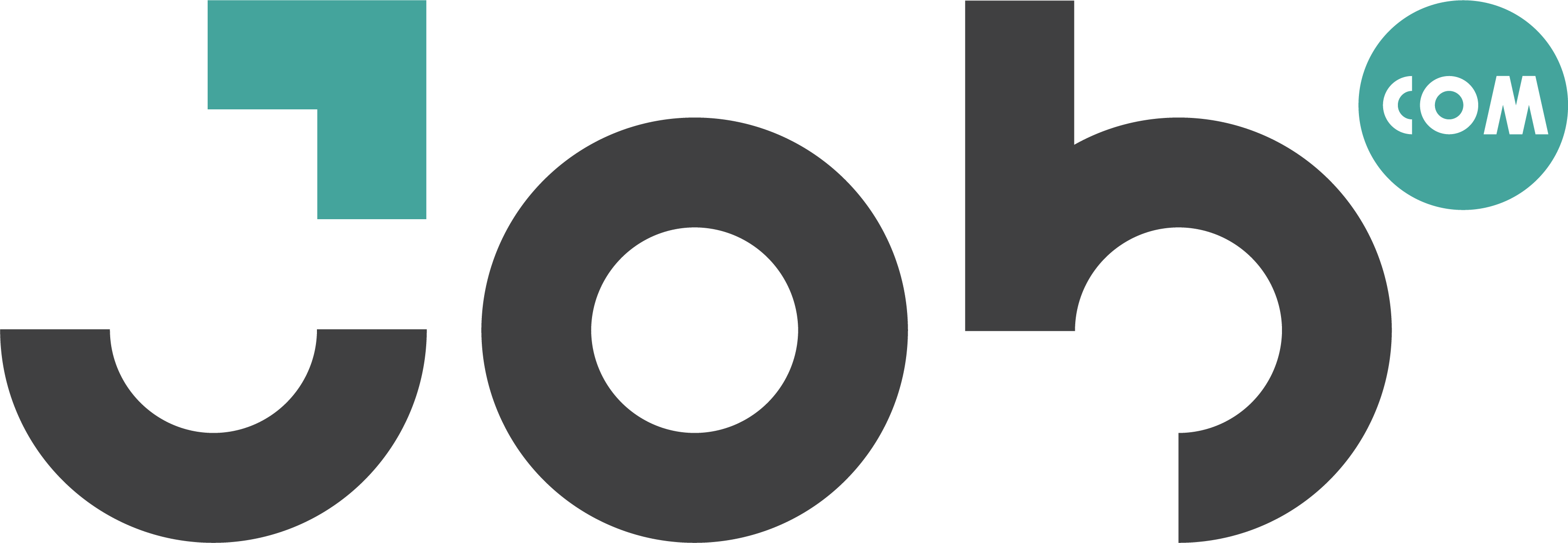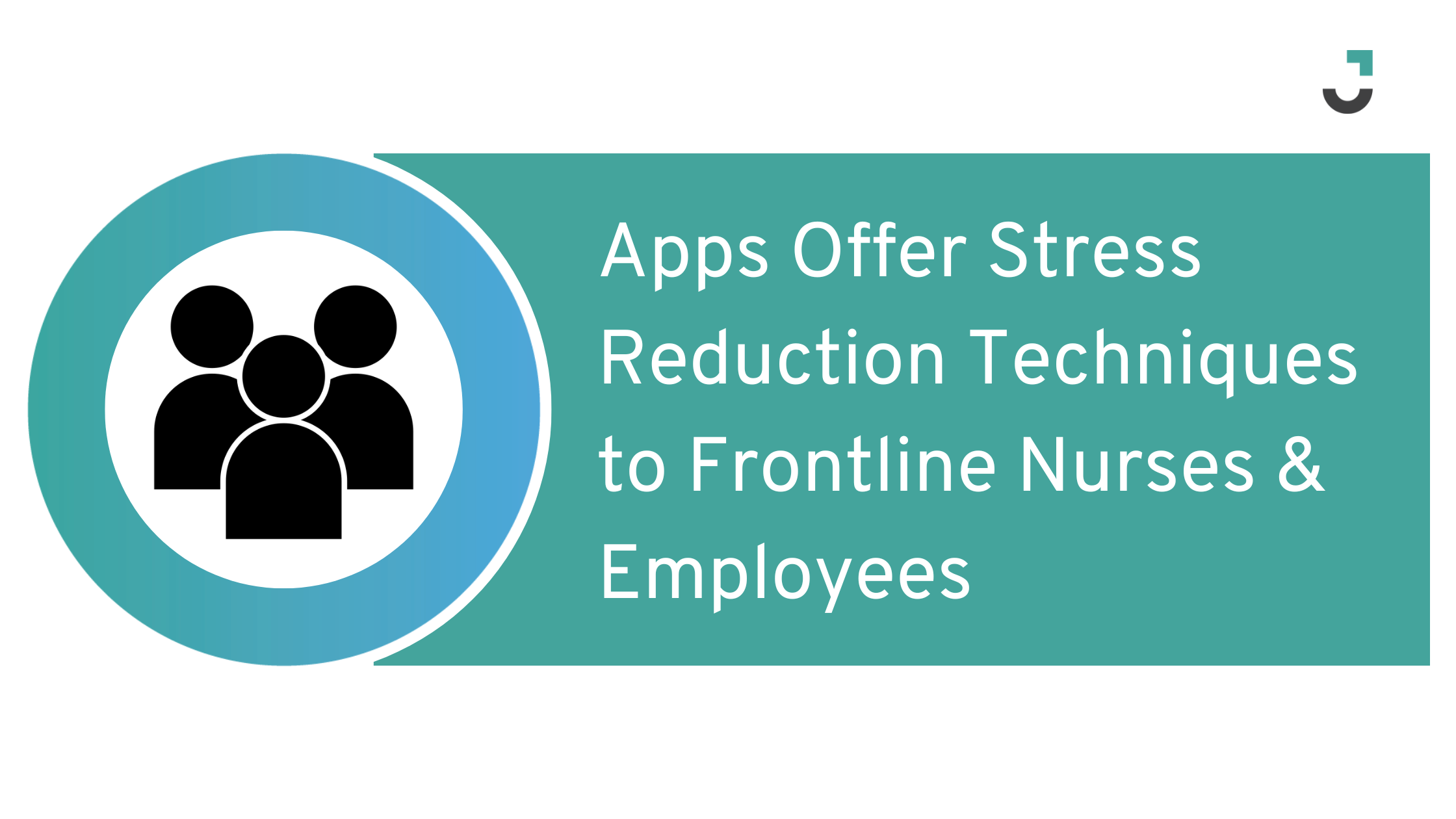The mental health of nurses on the frontlines of the COVID-19 pandemic is being compromised.
A study published March 23 in the medical journal JAMA found that, among 1,257 healthcare workers working with COVID-19 patients, 50.4% reported symptoms of depression, 44.6% symptoms of anxiety, 34% insomnia, and 71.5% reported distress. Nurses and other frontline workers were among those with the most severe symptoms.
The Disaster Distress Helpline, a federal crisis hotline operated by the Substance Abuse and Mental Health Services Administration, has seen a spike in calls of more than 300% since February. Compared to March of last year, the hotline has seen 891% more calls, according to CNN.
Nurse Grid recently surveyed more than 15,000 nurses in mid-April. Almost two-thirds of nurses (64%) are experiencing a change in their work assignment due to the pandemic, although 36% report no change. The most common change for nurses is that they are being re-assigned to treat COVID-19 patients. Almost four in ten nurses are being reassigned to treat patients hospitalized with the virus.
Trusted Health is aiming to provide nurses with the mental and emotional support they need in a partnership with The Ohio State University College of Nursing. The rate of nurse burnout accompanied by shortages of PPE and healthcare staff during the COVID-19 pandemic has exacerbated the mental health crisis amongst nursing staff.
"In just the last six weeks, nearly 40,000 nurses sought roles in hospitals where they can help against the COVID-19 pandemic," Dan Weberg, Ph.D., R.N., head of clinical innovation at Trusted Health and a clinical professor at Ohio State University, told HR Dive in an email. "But as they've cared for a massive volume of critical COVID-19 patients, without enough supplies or [personal] protective equipment, we've seen nurses’ mental health and well-being decline significantly." According to the Centers for Disease Control and Prevention, "personal protective equipment (PPE) shortages are currently posing a tremendous challenge to the U.S. healthcare system because of the COVID-19 pandemic."
Starbucks & Target to combat Mental Health
Starbucks continued its focus on mental health by launching "a reimagined mental health care benefit" for U.S. employees on April 6, according to a company blog post. Employees and eligible family members can receive free access to 20 sessions a year with a mental health therapist or coach through Lyra Health. "Starbucks partners will be able to securely and confidentially seek evidence-based mental health treatment, identify available health providers that meet their individual needs, and book appointments on the spot with options to meet with their therapist or coach by video or in-person," the company said. Employees can also participate in self-guided online programs.
Target is offering its US employees access to free online resources to support their mental, emotional, and physical health. Employees will receive a year of access to Daylight, a website and app designed to help users navigate stress and worry, and Sleepio, an app that provides self-help tools to improve sleep.
Research shows that companies are beginning to place an emphasis on employee emotional and mental health wellness during the COVID-19 pandemic. The National Alliance of Healthcare Purchaser Coalitions, a nonprofit employer group, conducted an online survey of 256 companies across the country from March 18-23 and found more than half of employers are providing "special support for the emotional risks posed by COVID -19," according to the report published March 30. The industries surveyed included healthcare, retail/wholesale, manufacturing, professional services, public administration, finance, and education services.
If you or someone you know is experiencing mental health distress, please visit https://www.mentalhealth.gov/get-help/immediate-help
Job.com is a digital recruitment innovator with a unique perspective: Delivering technology and capabilities that shake up the market by bringing together a data-driven approach based in AI and machine learning with high-level, human-capital-delivered solutions, designed to efficiently attract and retain the right talent and provide consumer-level user experiences throughout the hiring process.


